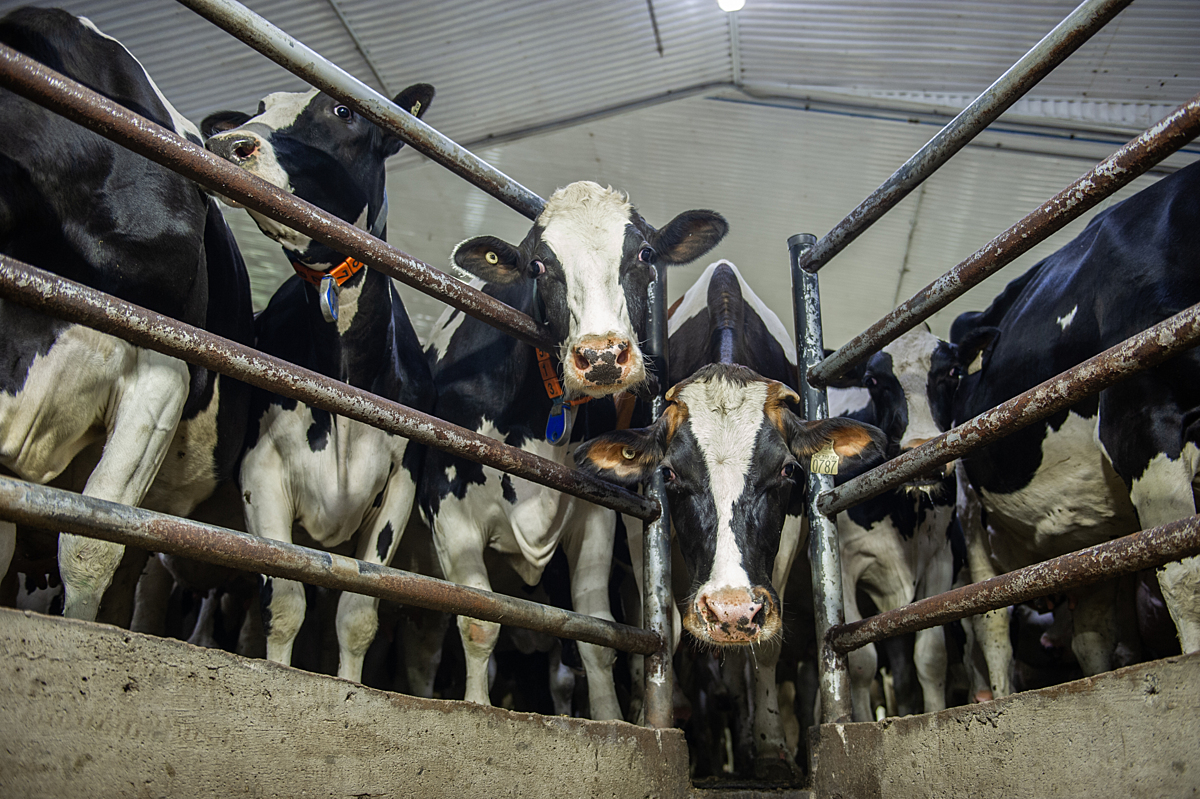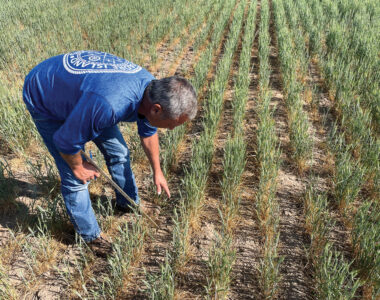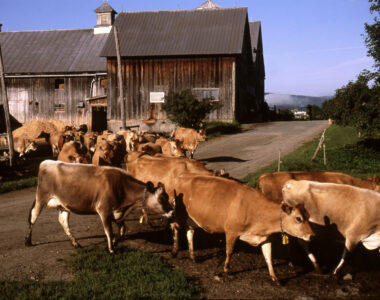
The U.S. beef industry backlash intensified this week after former President Donald Trump defended plans to expand beef imports from Argentina. His remarks reignited debate between ranchers, policymakers, and consumers about the balance between lowering food prices and protecting domestic producers.
What We Know
Trump recently stated that the United States “would buy some beef from Argentina” to help reduce prices at grocery stores. He credited his trade and tariff policies for strengthening ranchers’ profits but urged them to make beef more affordable for consumers.
The response from the U.S. cattle sector was swift. The National Cattlemen’s Beef Association called the import proposal “misguided” and warned that it could undercut American producers. The American Farm Bureau Federation added that many ranchers are still recovering from drought, high input costs, and shrinking herds. They view new imports as an added burden during an already difficult rebuilding phase.
Critics also pointed out that Argentina’s exports to the U.S. represent a small share of total imports. Even a sharp increase would likely do little to lower retail prices. They also raised concerns about disease risk, particularly foot-and-mouth disease, and questioned why trade between the two countries remains so uneven. The U.S. buys hundreds of millions of dollars in Argentine beef each year, while Argentina imports very little from American producers.
Why the Beef Industry Backlash Matters
The U.S. beef industry backlash reveals deeper tension between consumer affordability and producer stability. Ranchers argue that policy should strengthen U.S. production rather than rely on foreign supply. They say imports may create short-term price relief for shoppers but long-term harm to rural economies.
The backlash also stirred political consequences. Many ranchers who supported Trump’s “America First” policies feel his defense of Argentine imports contradicts that message. Market analysts warn that even talk of expanded imports can shake confidence in the cattle market and create price volatility.
What It Means for Ranchers and Consumers
For ranchers, the U.S. beef industry backlash highlights new uncertainty. Increased imports could pressure cattle prices, especially as producers try to rebuild herds and recover from high costs. Many are urging policymakers to focus on expanding U.S. processing capacity and domestic competitiveness instead.
For consumers, the import plan may not bring the relief it promises. Analysts expect that more Argentine beef could slightly affect ground beef prices or food-service supply but have little effect on higher-value cuts. Any change would likely be small and temporary.
Final Thoughts
The U.S. beef industry backlash underscores the complexity of agricultural trade policy. Trump’s remarks have reopened a long-running debate about how to balance affordable food with a strong domestic cattle industry. Ranchers insist that the best path forward lies in investing at home, building resilience, and keeping U.S. beef competitive rather than importing it from abroad.



